Featured free audio books — Humor |
|---|

The Adventures of Tom Sawyer
Mark Twain
|
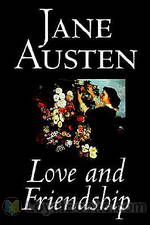
Love and Friendship
Jane Austen
|
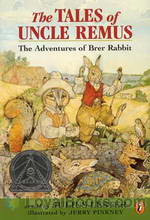
Uncle Remus
Joel Chandler Harris
|
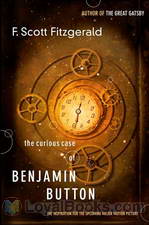
The Curious Case of Benjamin Button
F. Scott Fitzgerald
|
|
|
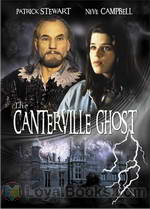
The Canterville Ghost
Oscar Wilde
|
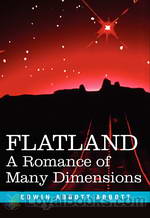
Flatland: A Romance of Many Dimensions
Edwin Abbott Abbott
|
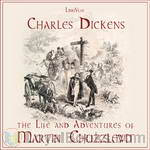
The Life and Adventures of Martin Chuzzlewit
Charles Dickens
|
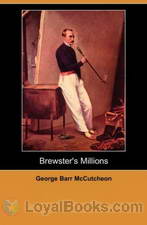
Brewster's Millions
George Barr McCutcheon
|
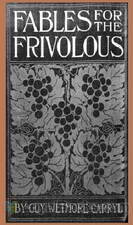
Fables for the Frivolous
Guy Wetmore Carryl
|
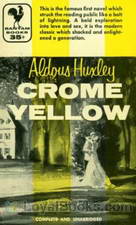
Crome Yellow
Aldous Huxley
|
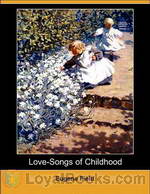
Love-Songs of Childhood
Eugene Field
|
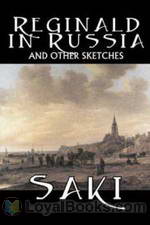
Reginald
Saki
|
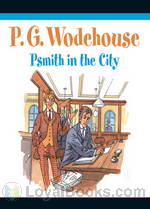
Psmith in the City
P. G. Wodehouse
|
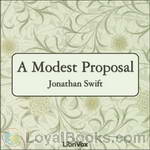
A Modest Proposal
Jonathan Swift
|
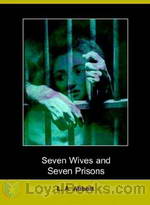
Seven Wives and Seven Prisons
L. A. Abbott
|
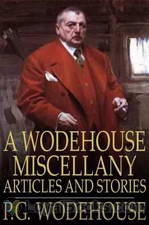
A Wodehouse Miscellany; Articles and Stories
P. G. Wodehouse
|
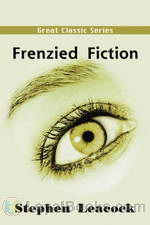
Frenzied Fiction
Stephen Leacock
|
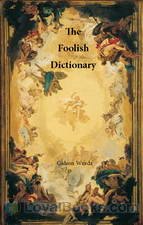
The Foolish Dictionary
Gideon Wurdz
|
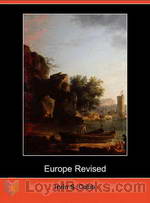
Europe Revised
Irwin S. Cobb
|
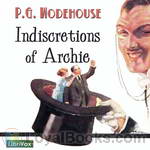
Indiscretions of Archie
P. G. Wodehouse
|
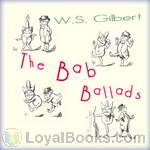
The Bab Ballads
W. S. Gilbert
|
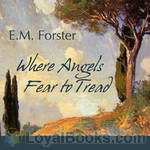
Where Angels Fear to Tread
Edward M. Forster
|
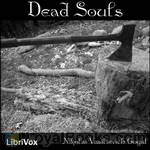
Dead Souls
Nikolai Vasilievich Gogol
|
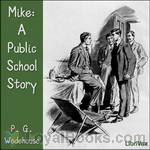
Mike: A Public School Story
P. G. Wodehouse
|

The History of Tom Jones, A Foundling
Henry Fielding
|
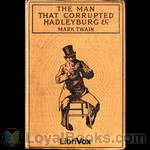
The Man That Corrupted Hadleyburg, and Other Stories
Mark Twain
|
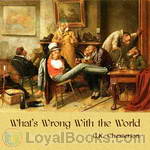
What's Wrong With the World
G. K. Chesterton
|
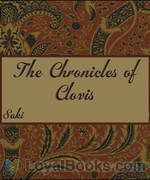
The Chronicles of Clovis
Saki
|
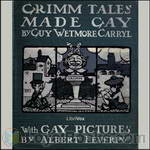
Grimm Tales Made Gay
Guy Wetmore Carryl
|
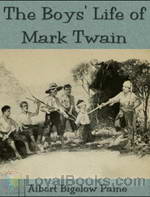
The Boys' Life of Mark Twain
Albert Bigelow Pain
|
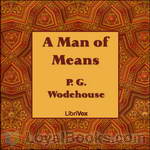
A Man of Means
P. G. Wodehouse
|
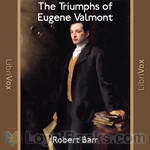
The Triumphs of Eugene Valmont
Robert Barr
|